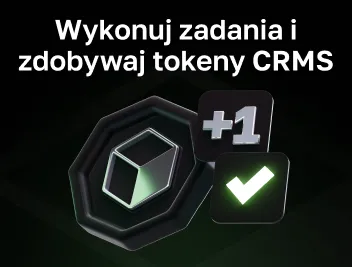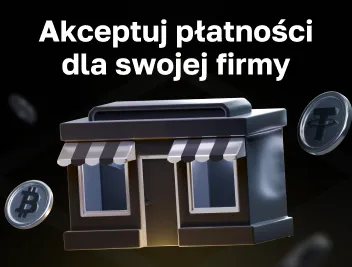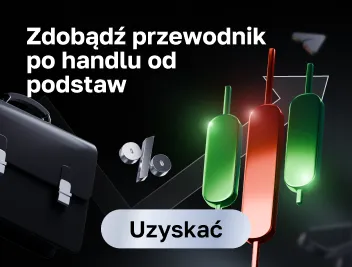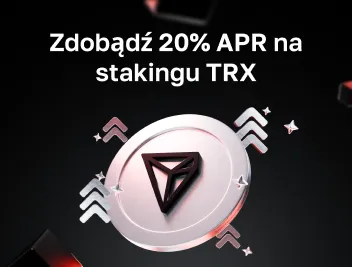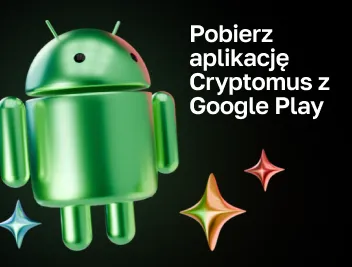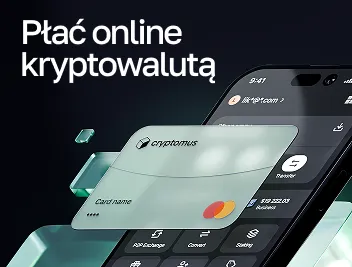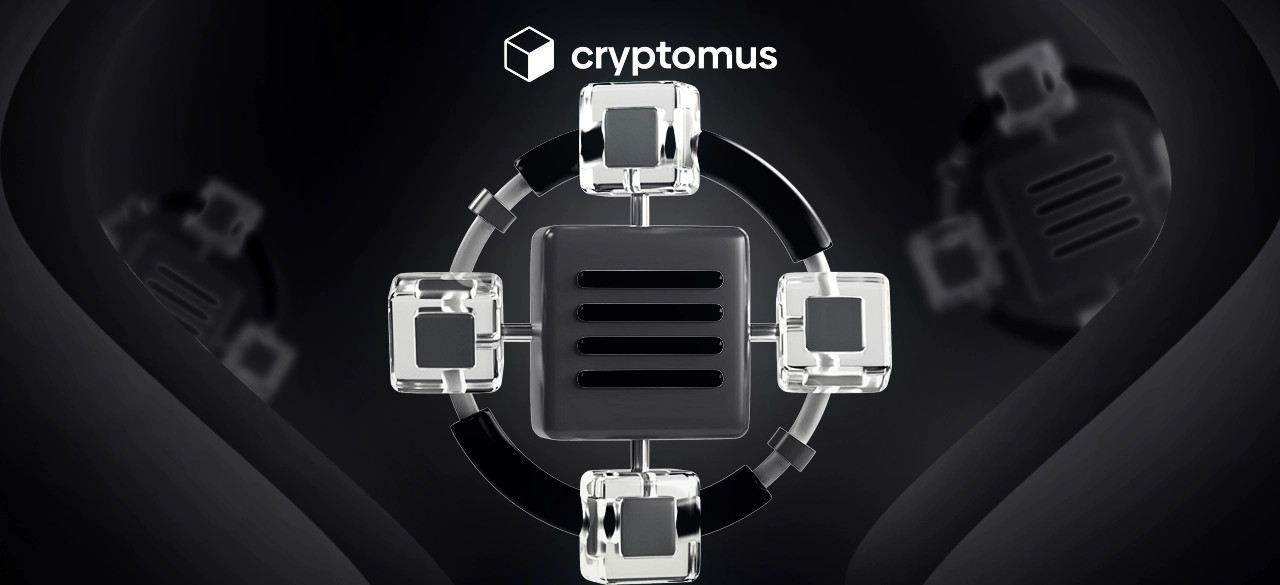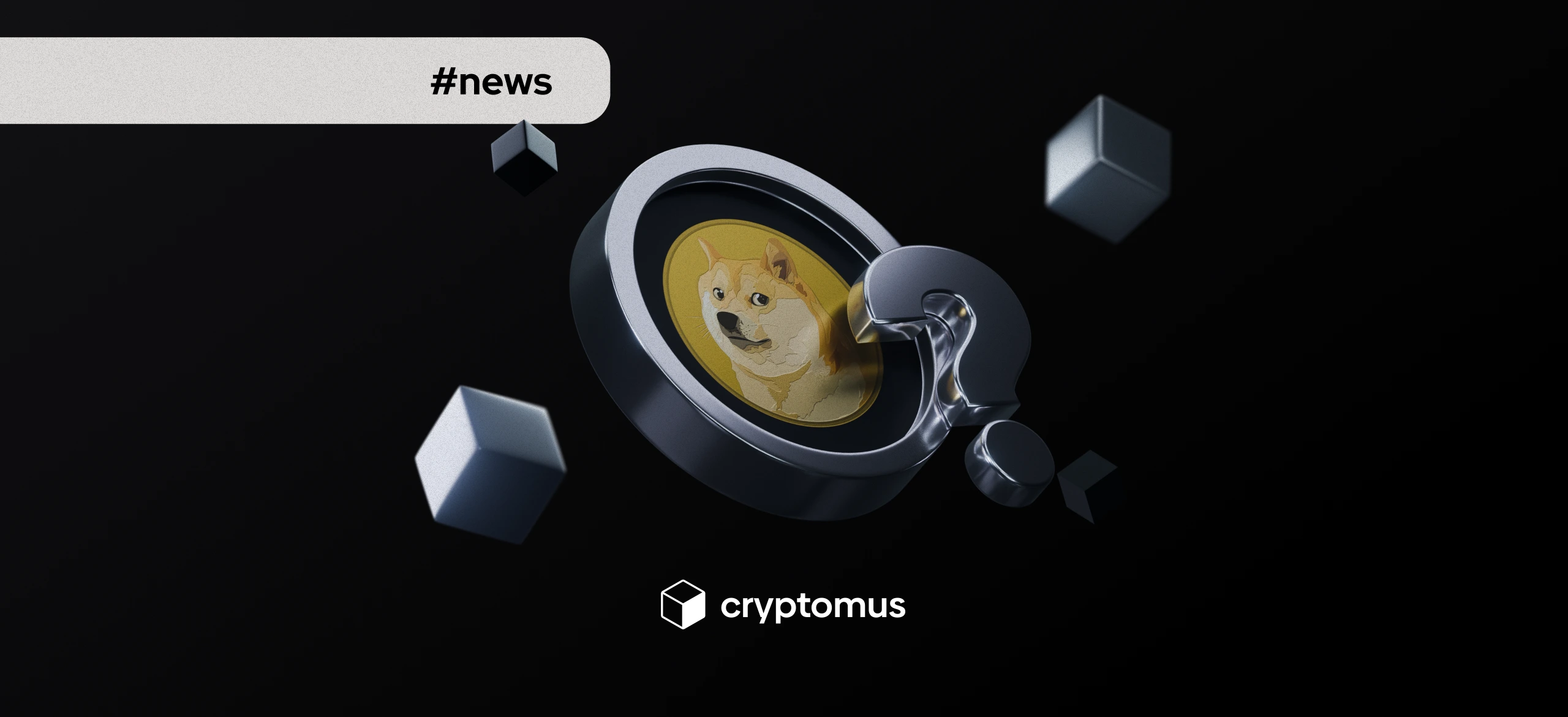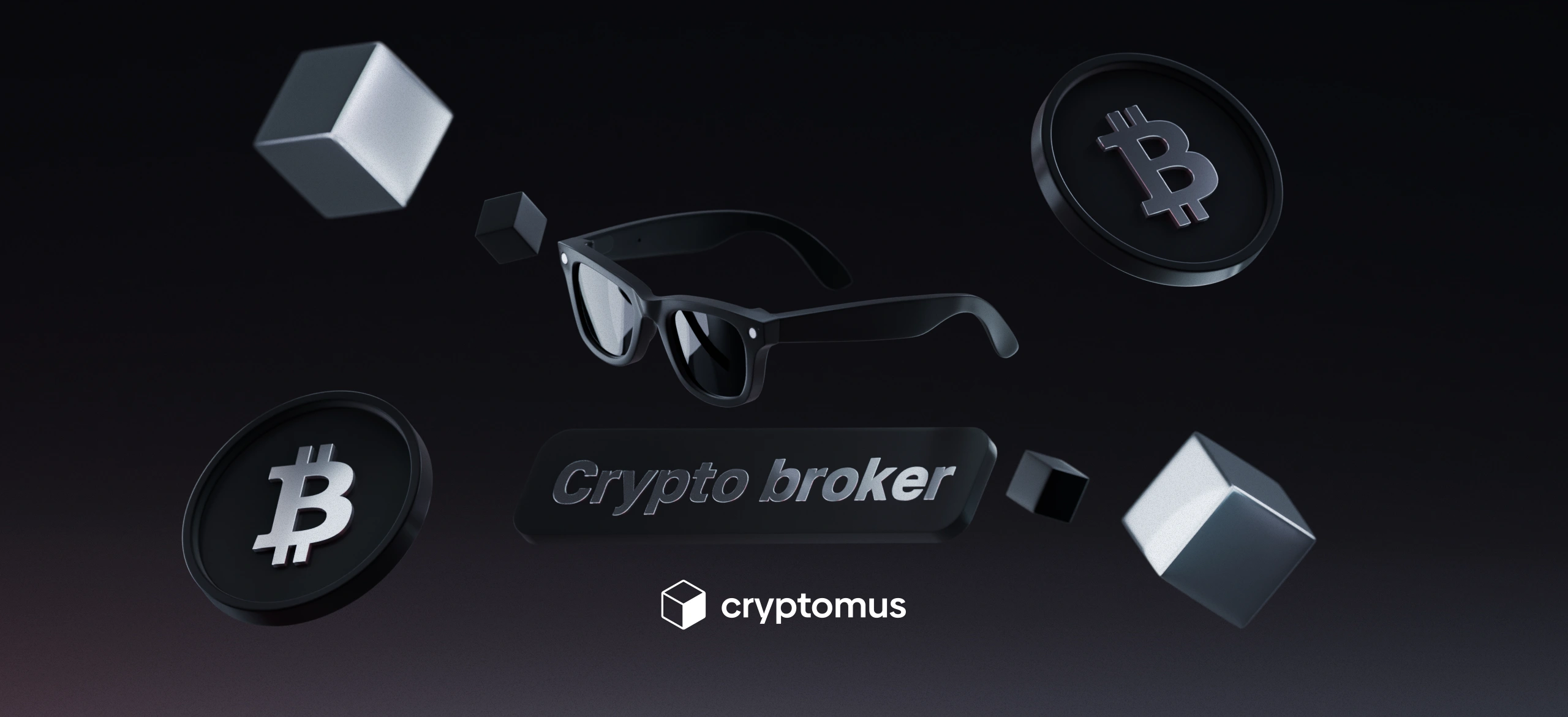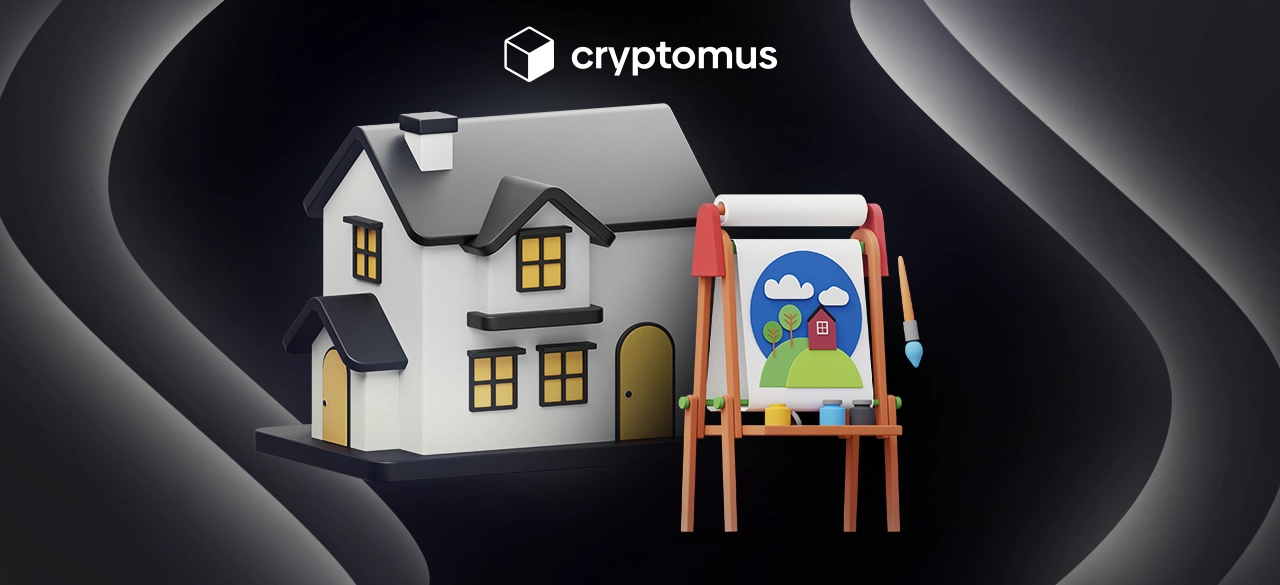
Tokenizacja Nieruchomości: Nieruchomości, Sztuka i nie tylko
Spis treści
Dziedzina kryptowaluty jest dość wielopłaszczyznowa. Jest w nim wiele branż, które z każdym miesiącem przyciągają coraz więcej użytkowników. Jednym z nich jest tokenizacja prawdziwych aktywów, która jest dość popularna wśród wielu inwestorów. Czym jest tokenizacja aktywów w świecie rzeczywistym oraz jakie daje zyski i możliwości? W tym artykule staramy się znaleźć odpowiedzi.
Co to jest tokenizacja aktywów rzeczywistych?
Sporo osób zna termin tokenizacji nieruchomości. Teraz wyjaśnimy, czym jest tokenizacja w nieruchomościach i innych nieruchomościach i co oznacza w naszych współczesnych realiach. Zobaczmy!
Technologia Blockchain umożliwiła koncepcję tokenizacji rzeczywistych aktywów, która łączy tradycyjne finanse z kryptowalutami. Mówiąc prościej, jest to proces przekształcania materialnych aktywów, takich jak nieruchomości, dzieła sztuki, złoto lub inne cenne materiały, w cyfrowy token, który można wykorzystać w sieci blockchain. Dzięki tokenizacji inwestorzy mogą teraz kupować udziały w aktywach, które wcześniej były poza zasięgiem z powodu wysokich barier wejścia lub skomplikowanych procedur inwestycyjnych.
Tokenizacja aktywów nieruchomości oznacza przekształcenie własności lub wartości aktywów materialnych w tokeny cyfrowe na blockchainie. Konwersja aktywów, takich jak nieruchomości, sztuka lub podstawowe potrzeby, do formatu cyfrowego poprzez tokenizację oferuje znaczące narzędzie dla użytkowników zainteresowanych długoterminowymi inwestycjami z dalszymi zyskami. Tak więc proces ten pozwala również na szybki handel tymi aktywami i posiadanie ich udziałów ułamkowych, zwiększając dostępność i płynność. Każdy token reprezentuje określony udział w rzeczywistym zasobie, co zapewnia płynniejsze i bardziej dostępne transakcje.
Możliwości inwestycyjne tokenizacji RWA
Co to jest tokenizacja RWA i w jakim celu się ją stosuje? Teraz wyjaśnimy, czym jest tokenizacja aktywów w świecie rzeczywistym i jakie możliwości inwestycyjne otwiera. Sprawdźmy!
Tokenizacja RWA (Real World Assets) to proces przekształcania rzeczywistych aktywów, takich jak nieruchomości, papiery wartościowe, Infrastruktura, przedmioty kolekcjonerskie, Samochody i inne, w tokeny cyfrowe oparte na platformie blockchain. Wykorzystując wydajność, bezpieczeństwo i przejrzystość technologii blockchain, ta strategia inwestycyjna zwiększa dostępność tradycyjnie niepłynnych aktywów dla szerszego spektrum inwestorów, usprawnia procedury zakupu, sprzedaży i przeniesienia własności.
Przydatne funkcje oferowane przez tokenizację RWA są liczne. Prawdziwe aktywa, które wcześniej były niedostępne dla inwestycji, są teraz dostępne dla inwestorów. Ponadto tokeny RWA mogą obniżyć koszty usług pośrednictwa, usprawnić proces transakcji i poprawić płynność aktywów. Jednak tokenizacja RWA nie jest pozbawiona własnego ryzyka i ograniczeń, w tym braku standardów i infrastruktury oraz kwestii regulacyjnych i bezpieczeństwa.
Ogólnie rzecz biorąc, RWA demokratyzuje możliwości inwestycyjne, umożliwiając większej grupie ludzi angażowanie się na rynkach, które wcześniej były dla nich zamknięte z powodu wysokich barier wejścia.
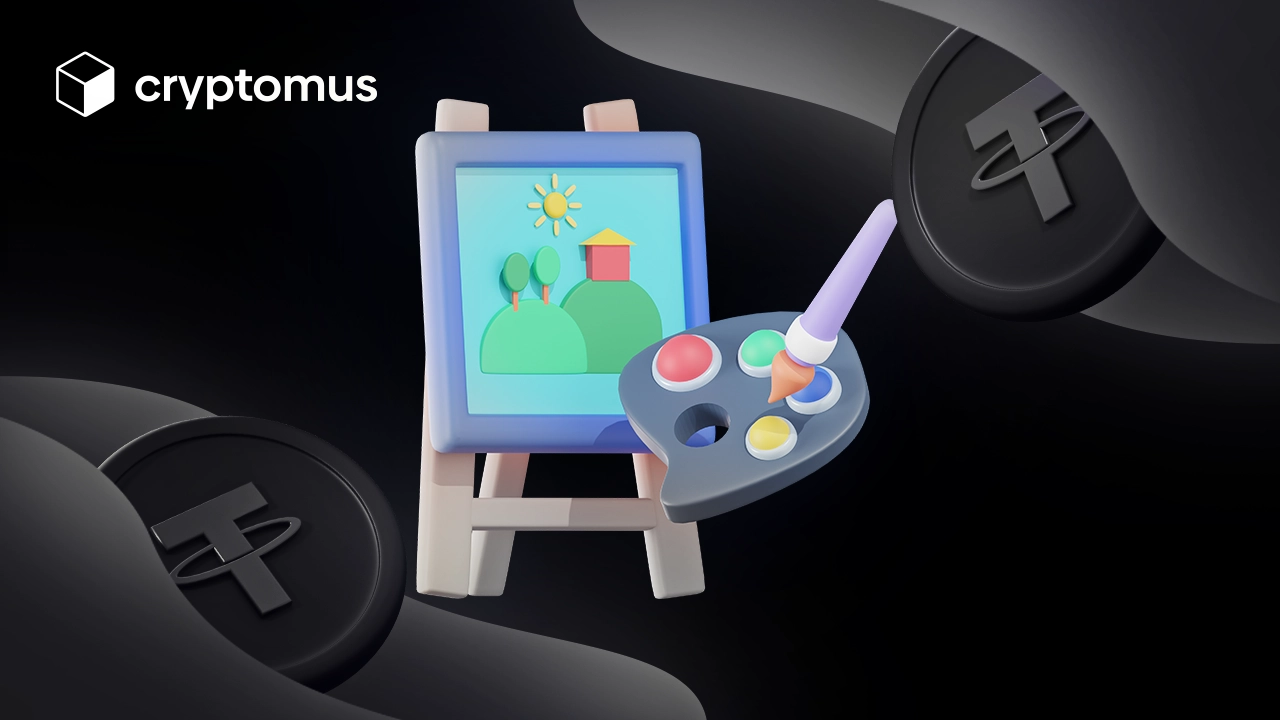
Plusy i minusy tokenizacji aktywów rzeczywistych
Czy naprawdę warto spróbować tokenizacji aktywów nieruchomości? Wielu niedoświadczonych i zaawansowanych inwestorów kryptograficznych jest zainteresowanych tą kwestią. Pomimo tego, że tokenizacja nieruchomości komercyjnych jest wciąż na wczesnym etapie rozwoju i wymaga dodatkowych regulacji i infrastruktury, aby w pełni wykorzystać swój potencjał, korzyści płynące z tokenizacji nieruchomości przyciągają uwagę wielu inwestorów i właścicieli aktywów, którzy chcieliby znaleźć nowy sposób inwestowania we współczesne realia.
Oto kilka zalet i wad tokenizacji nieruchomości przy użyciu technologii blockchain. Przyjrzyjmy się wszystkim zaletom i wadom, które zapewnia taka metoda.
| Tokenizacja Rzeczywistych Aktywów | ||||
|---|---|---|---|---|
| Korzyści | Tokenizowane kryptowaluty na rynku nieruchomości znacznie zwiększają dostępność takich metod inwestowania poprzez zapewnienie szerszemu gronu inwestorów, w tym tym z ograniczonym kapitałem, możliwości inwestycyjnych poprzez umożliwienie częściowej własności. | Tokenizacja może znacznie zwiększyć płynność typowo niepłynnych aktywów, takich jak nieruchomości czy dzieła sztuki, umożliwiając częściową własność i prostsze transfery. | Tokenizacja aktywów nieruchomościowych znacznie optymalizuje i upraszcza złożone procesy, takie jak kupno, sprzedaż i przekazywanie nieruchomości, redukując koszty i zwiększając efektywność. | |
| Wady | Trudności w wycenie i elementach technicznych to główne problemy we wdrażaniu tokenizowanych nieruchomości w codzienne życie użytkowników kryptowalut. | Ze względu na wczesny etap rozwoju tokenizacji aktywów świata rzeczywistego, powszechne przyjęcie tokenizacji RWA zależy od akceptacji i wdrożenia tej nowej formy wśród społeczeństwa, zwłaszcza przez inwestorów i organy regulacyjne. | Tokenizacja RWA wciąż stoi przed poważnymi wyzwaniami, z których jednym jest poruszanie się po skomplikowanej sieci przepisów obowiązujących w różnych jurysdykcjach. Fakt ten wydłuża także czas wszystkich procesów tokenizacji. |
Tokenizacja rzeczywistych aktywów może być korzystna zarówno dla właścicieli aktywów, jak i inwestorów. Właściciele aktywów mogą uzyskać dostęp do nowych źródeł kapitału, zwiększyć płynność swoich aktywów i rozszerzyć swój rynek. Inwestorzy z kolei mają możliwość inwestowania w realne aktywa o niższych kosztach i ryzyku niż w przypadku tradycyjnych metod inwestycyjnych.
Przyszłość tokenizacji aktywów realnych
W miarę rozwoju tokenizacji aktywów rzeczywistych oczekuje się, że będzie ona głębiej zintegrowana z tradycyjnymi systemami finansowymi, wprowadzając innowacyjne formy papierów wartościowych zabezpieczonych aktywami, a także różnorodne produkty inwestycyjne. Integracja cyfrowych i rzeczywistych aktywów trwałych oznacza znaczną zmianę w sposobie zarządzania i handlu tradycyjnymi aktywami, oferując bardziej dynamiczne i przystępne opcje inwestycyjne.
Ponadto tokenizacja będzie wykorzystywana w większej liczbie klas aktywów w miarę postępu technologii i systemu prawnego, tworząc nowe możliwości inwestycyjne. Ciągłe postępy w technologii blockchain mają na celu zwiększenie skuteczności, bezpieczeństwa i możliwości rozbudowy tokenizacji RWAs, co oznacza kluczową fazę połączenia finansów cyfrowych i konwencjonalnych.
Ponadto, dzięki technologii blockchain i inteligentnym umowom w jej funkcjonowaniu, rozwiązania RWA sprawiają, że praca z aktywami jest tak przejrzysta, bezpieczna i wydajna, jak to tylko możliwe. To znacznie zwiększy atrakcyjność tej metody inwestowania wśród uczestników rynku w kolejnych okresach.
Wskazówki dotyczące tokenizacji prawdziwych aktywów
Decyzja o tokenizacji własności nieruchomości jest jednym z najnowszych sposobów inwestowania na rozległym rynku kryptowalut. Ta innowacyjna koncepcja szybko się rozwija i otrzymuje wiele pozytywnych opinii od wielu użytkowników, w tym Inwestorów i właścicieli aktywów. Pomimo wszystkich zalet i wad, tokenizacja aktywów pozostaje obiecującym obszarem inwestycyjnym, więc oto kilka wskazówek, które mogą pomóc w rozpoczęciu inwestowania w tokenizację prawdziwych aktywów.
-
Dowiedz się tylko renomowanych platform RWA z oficjalnych źródeł.
-
Sprawdź informacje o całym procesie i niektórych etapach tokenizacji RWA.
-
Wybierz prawdziwe aktywa przy minimalnym ryzyku do zainwestowania.
-
Dokładnie sprawdź wszystkie warunki dla długoterminowych prognoz inwestycyjnych poświęconych twojemu rodzajowi tokenizowanego składnika aktywów.
Czym jest tokenizacja aktywów rzeczywistych i jakie są jej najbardziej dochodowe zalety? Mamy nadzieję, że ten artykuł był dla Ciebie przydatny i teraz znasz odpowiedzi. Mądrze inwestuj swoje fundusze razem z Cryptomus!
Uprość swoją podróż po kryptowalutach
Chcesz przechowywać, wysyłać, akceptować, stawiać lub handlować kryptowalutami? Dzięki Cryptomus to wszystko jest możliwe — zarejestruj się i zarządzaj swoimi funduszami w kryptowalutach za pomocą naszych przydatnych narzędzi.
Zaczynaj
